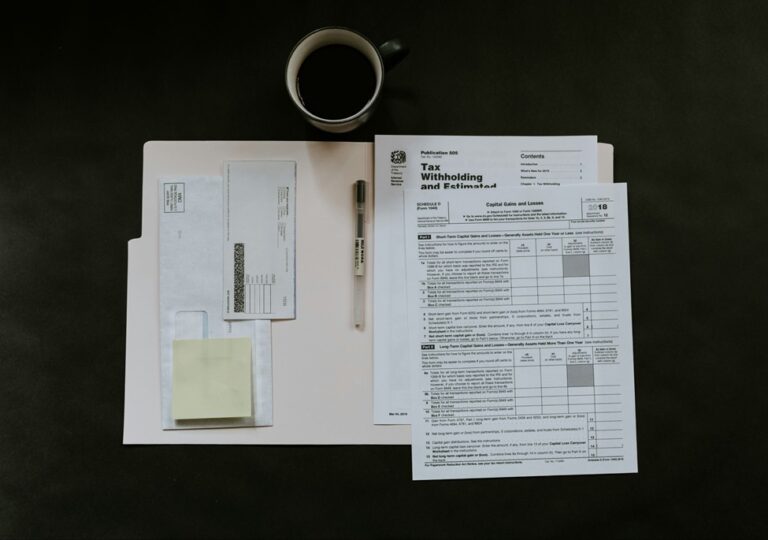Divorce is a difficult process that involves many legal and financial things. Property taxes and alimony are two important aspects of divorce settlements that are often overlooked. Understanding these elements is important for a fair and equitable agreement.
This blog post will help you understand taxes and alimony in a divorce settlement, so you don’t have to pay extra money.
How Much Are Property Taxes?
Local governments charge property taxes on properties. They are based on the value of the property and help pay for community services like schools, roads, and emergency services. If you own a home, you have to pay taxes every year or every two years.
Property Division in Divorce
During a divorce, marital assets, including real estate, have to be divided. This process can be difficult, especially if you think about taxes. The division of property can take many forms, such as selling the property and sharing the proceeds, or one spouse buying out the other’s share.
Tax Implications of Property Division
If you decide to sell the property, know about potential capital gains taxes. Capital gains tax is a tax on the profit made from selling a property. But there are exemptions available for primary residences, which can reduce or eliminate this tax if certain conditions are met.
If one spouse keeps the property, they are responsible for all future property taxes. This transfer can cause problems with taxes, especially if the property’s value has gone up a lot. A tax professional can help you figure out what the impact might be.
Considerations for Joint Ownership
In some cases, ex-spouses may choose to keep joint ownership of the property. This arrangement requires clear agreements on how property taxes are paid. If we don’t take care of this, there might be arguments and money problems.
Tips For Handling Taxes And Child Support
Here are some tips:
1. Consult Professionals
Given the complexities of property taxes and alimony, it is important to consult with professionals. A property tax attorney can help you know what you need to do legally, and a financial advisor or tax expert can tell you how your settlement will affect your taxes.
2. Documentation
Make sure to write down all the agreements about who gets what in your divorce settlement. This includes who will pay property taxes and who will pay alimony. Writing clearly helps avoid confusion and disagreements.
When negotiating your divorce settlement, consider how your finances might change in the future. This means changing income, property value, and tax laws. Planning for these things can help you avoid financial burdens down the road.
3. Learn How To Use Mediation
Mediation can be a good way to negotiate property division and alimony. A mediator can help both parties come to an agreement that takes into account their money needs and goals. Mediation is less confrontational and cheaper than traditional divorce litigation.
Conclusion
With the right knowledge and professional help, you can reach a fair and equitable agreement. Understanding the tax consequences of dividing property and the changes in alimony tax laws is important for good financial planning. An alimony attorney can guide you better about it.
Talking to experts, writing down agreements, and planning for future financial changes can help you avoid common mistakes and make your transition into life after a divorce smooth. Don’t be surprised by unexpected financial burdens.


Comments are closed.